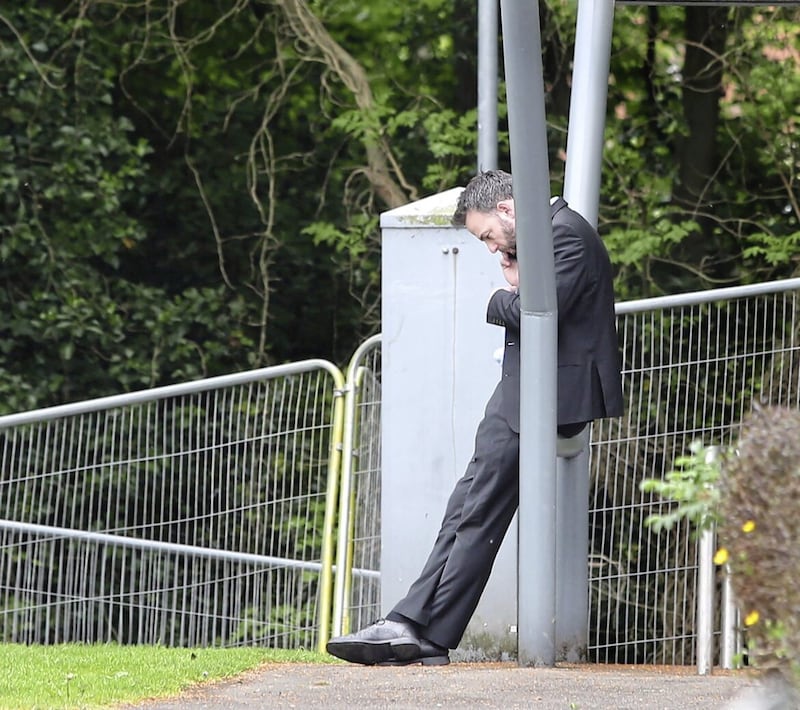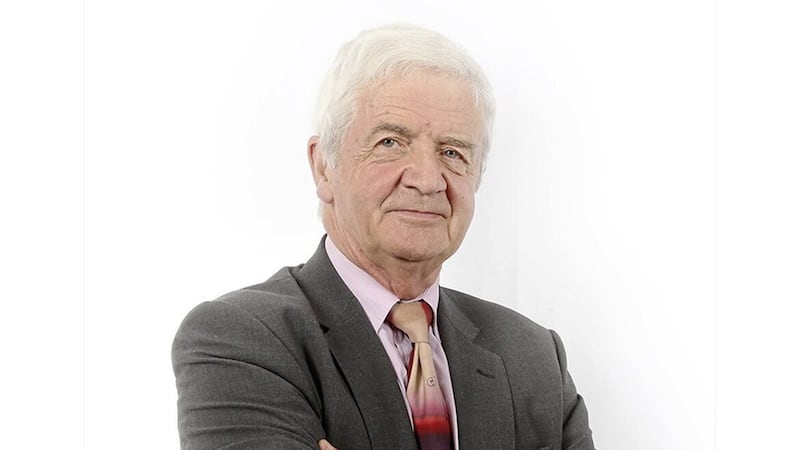So farewell then the SDLP. What was once the sole voice of constitutional nationalism is now not so much a party, more a fading political memory.
Having lost another 20 seats last week, it now has only 39 councillors, down from 120 since the Good Friday Agreement (GFA).
So where did it all go wrong and what does its demise mean for the future of nationalism?
It all went wrong initially because it is the only party in Irish history which was already split before it was formed.
The civil rights movement had rendered Stormont’s Nationalist Party redundant. To fill that anti-unionist void, the SDLP was thrown together by political opportunism, rather than ideology.
The result was an unworkable mixture of social democracy (state intervention in the economy, as advocated by John Hume, Paddy O’Hanlon and Ivan Cooper), socialism (state control of the economy, as supported by Gerry Fitt and Paddy Devlin) and nationalism (as represented by Austin Currie).
Founded in August 1970 (seven months after Sinn Féin and four months after Alliance), Gerry Fitt said at its launch the party stood for “a just and adequate distribution of wealth” and “the establishment of state industries”.
It therefore laid the ground for attracting working-class Protestants away from the NI Labour Party, meaning the SDLP could have become a radical version of Alliance.
Instead, the following year, as IRA violence increased, John Hume informed the Dublin government that the SDLP’s main objective was a united Ireland.
By 1975, Sean Donlon of Dublin’s foreign affairs department reported that the SDLP had become “a solidly middle-class, white-collar party”. Like de Valera, it decided labour must wait.
The emphasis on constitutional issues was later reflected in how the party shaped the GFA. It ignored social and economic issues, thereby gifting the sectarian parties a natural habitat, in which the SDLP was ill-equipped to survive.
An intellectual laziness and a lack of electoral competition bred a complacency, which a succession of well-meaning, but sometimes politically naive, leaders were unable to reverse.

They greeted continued decline with denial, a culture which still pervades the SDLP. At its recent election launch it predicted it would not have a bad polling day.
When it had a (very) bad day, its explanation was that it had failed to “modernise”. This suggests it believes it is doing the right thing badly, when its problem is that it is doing the wrong thing reasonably well.
The wrong thing is competing with SF on who can offer the better way to a united Ireland. The right thing is electorally harvesting the huge public discontent at the failures of SF and the DUP in health, education, social welfare and living standards.
The party’s grassroots recognised this by playing a more prominent role than SF in the campaign to maintain services at Newry’s Daisy Hill hospital. While campaigners met in one hotel to shape their strategy, SF met a few days later in another hotel to plan for a united Ireland.
Instead of exploiting the difference between the promise of jam tomorrow and a collapsing health service today, the SDLP leadership claimed their jam was better than SF’s. Try modernising that.
In Belfast, former SDLP councillor Paul McCusker quit the party before the election following “a lack of progress” on issues which he prioritised.
Food bank founder and campaigner against homelessness, social deprivation and addiction, he retained his seat last week as an independent. He had read the political mood more accurately than the SDLP leadership.
While the DUP’s attitude explains some of SF’s electoral triumph last week, a more long-term explanation for SF’s rise must also include the SDLP’s failings. Having created the conditions for SF’s success, the SDLP spent 25 years refusing to recognise the reality of what was happening.
Now reality has bitten back and bade the party farewell from mainstream politics. It is hard to see a way back for it.








